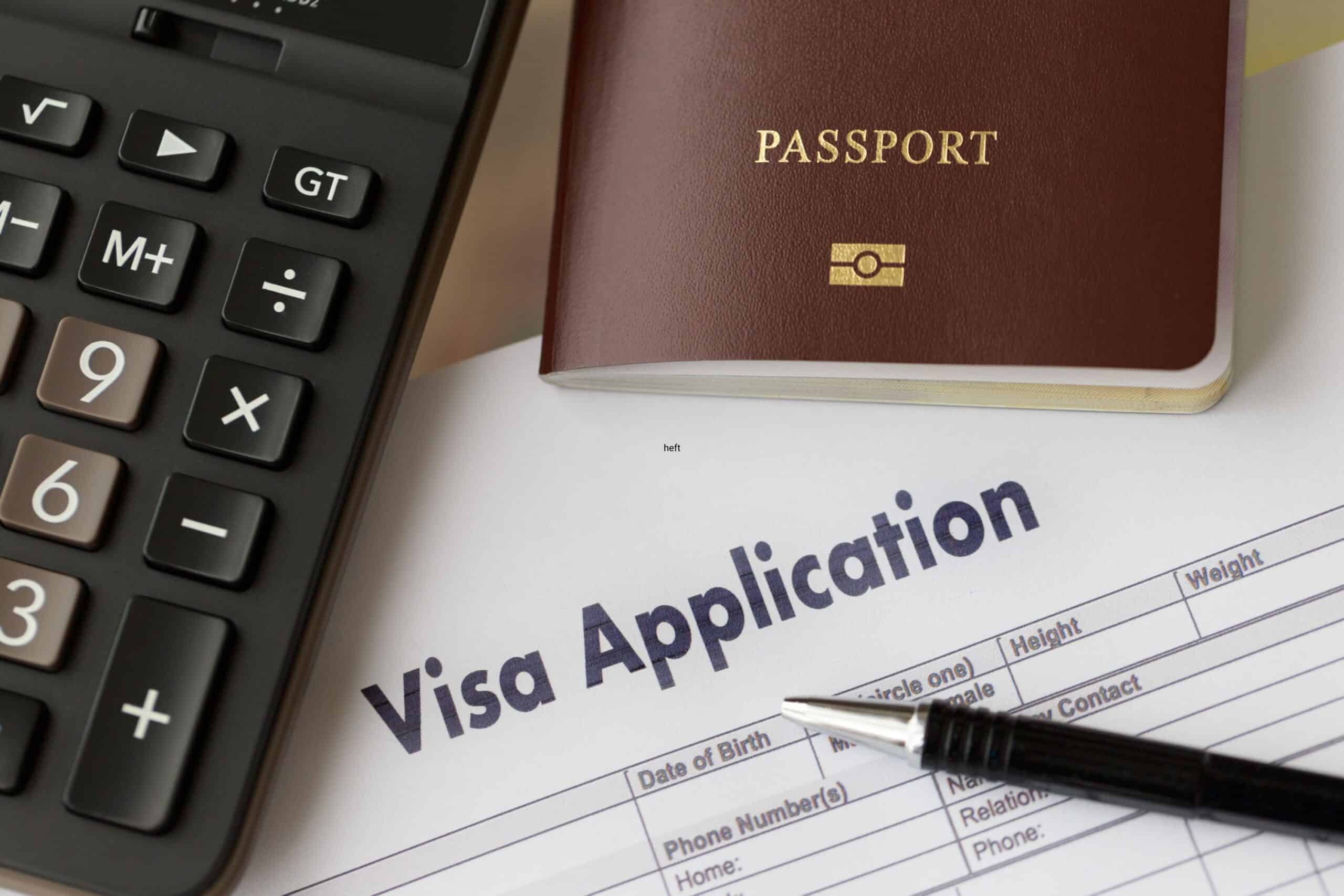15th Annual Reading of the Declaration of Independence
Friends- The reading of the Declaration means different things to different people. I can only tell you what it means to me.
Read More
Call 24/7 For A Free Consultation
Immigration status can have a significant impact on criminal defense cases in Texas. Non-citizens, including legal permanent residents, undocumented immigrants, and visa holders, face unique challenges in the criminal justice system, including the risk of deportation and other immigration consequences. In this blog post, we’ll explore how immigration status can impact criminal defense cases in Texas and discuss the importance of knowledgeable and skilled attorneys for non-citizen defendants.
One of the most significant consequences of a criminal conviction for non-citizens is the risk of deportation. Under federal immigration law, certain criminal offenses can trigger deportation proceedings, even if the person has lived in the United States for many years and has family ties in the country. This means that even a relatively minor criminal offense, such as a misdemeanor drug possession charge, could lead to deportation proceedings and permanent separation from family and community in the United States.
Even for non-citizens not subject to removal, a criminal conviction can have other negative immigration consequences, such as making it difficult to obtain or maintain legal status in the United States. For example, a non-citizen convicted of a moral turpitude crime may be ineligible for certain types of visas or be unable to obtain citizenship. These consequences can have far-reaching effects on a person’s life, including their ability to work, travel, and reunite with family.
Because of the potential serious immigration consequences and the complexity of immigration law, non-citizen defendants should always consult with an immigration lawyer about the possible consequences of the criminal charges they face. Defendants should find out from the immigration lawyer the potential impact of the criminal case on their immigration status. Criminal defense attorneys often consult with or work with Immigration attorneys in order to minimize the risk of immigration consequences. In some cases, the criminal defense attorney can negotiate a deal that avoids certain criminal charges or by advocating for alternative outcomes that result in the dismissal of the charges. The non-citizen defendant should never resolve a criminal case without first finding out the potential collateral immigration consequences of the resolution..
Another challenge for non-citizen defendants is the potential loss of immigration benefits, such as green cards or visas. Non-citizens convicted of certain criminal offenses may be subject to removal proceedings or may lose their eligibility for certain types of visas or immigration benefits. This means that non-citizen defendants may face additional pressure to plead guilty in order to avoid detention or other negative immigration consequences. This can make it challenging for non-citizen defendants to navigate the criminal justice system and protect their rights.
Non-citizen defendants may also face unique challenges regarding bail and pretrial detention. In some cases, non-citizens may be subject to mandatory detention by immigration authorities while their criminal case is pending. This can make it difficult for non-citizen defendants to prepare a defense or to communicate with their attorneys. Language barriers and cultural differences can also create challenges for non-citizen defendants, who may be unfamiliar with the criminal justice system in the United States or may have limited English proficiency. This can make it challenging for non-citizen defendants to understand the charges against them or to communicate effectively with their attorneys. If a defendant is detained, a good criminal defense lawyer can always bring a translator to the meetings with the defendant. It is vitally important that the defendant and the lawyer have good communication. The key to good communication is oftentimes utilizing a skilled translator who is familiar with legal issues. The translator might work side by side with the defense attorney throughout the case and during the trial.
It’s also worth noting that the immigration consequences of a criminal conviction can vary depending on the offense. For example, crimes of moral turpitude, such as fraud or theft, can have particularly severe immigration consequences. However, even seemingly minor offenses, such as traffic violations or disorderly conduct, can trigger negative immigration consequences for non-citizen defendants. This underscores the importance of the accused and the criminal defense attorney consulting with immigration counsel.

Non-citizen defendants face unique challenges in the criminal justice system, particularly in Texas, where immigration enforcement is a priority. The potential immigration consequences of a criminal conviction can have far-reaching effects on a person’s life, including their ability to live and work in the United States. That’s why non-citizen defendants must have criminal defense attorneys that work with attorneys that are knowledgeable about immigration law. The criminal defense lawyer should work to minimize the risk of negative immigration consequences while protecting their client’s rights throughout the criminal justice process.
If you or someone you know is a non-citizen facing criminal charges in Texas, it’s important to seek an attorney with experience working with non-citizen defendants. With the right attorney by your side, you can work to protect your rights, your freedom, and your future in the United States.

Friends-
The reading of the Declaration means different things to different people. I can only tell you what it means to me.
For me, When we read the Declaration of Independence, we declare that we continue to stand united against …
Fifteen years ago, I organized a group of fellow Harris County Criminal Lawyers Association (HCCLA) members, and we defiantly read the Declaration of Independence at the courthouse. We sought no permission. We stood with our backs to the courthouse. We …
Friends –
According to today’s Houston Chronicle, a man from Milwaukee spent 47 days in jail because of a case of mistaken identity. To be fair, the mistaken identity issue is hard to follow. Still, our criminal justice system failed …